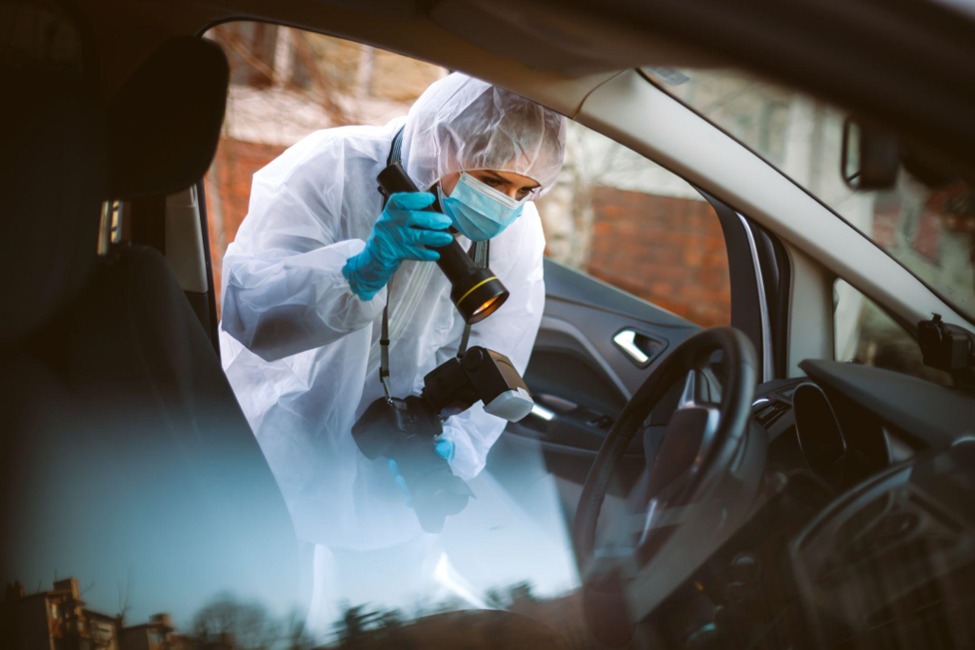Have you ever worried about your car catching fire? Or wondered how to keep your equipment safe from flames? Fires can be scary and destructive, but the good news is there are many things you can do to prevent them from happening in the first place.
Table of Contents
Understanding the Enemy: Common Causes of Vehicle and Equipment Fires
Just like a detective needs to understand the criminal’s motives, understanding what causes fires helps us prevent them. Here are some of the most common culprits:
- Electrical Problems: Faulty wiring, overloaded circuits, and damaged batteries can spark fires.
- Leaking Fluids: Oil, gasoline, and other flammable fluids leaking onto hot engine parts can ignite.
- Overheating: Engines that run too hot can cause components to melt or catch fire.
- Improper Maintenance: Neglecting regular maintenance checks can lead to problems that cause fires.
- Smoking: Cigarettes and other smoking materials carelessly discarded can easily start fires.
- Flammable Materials: Leaving flammable materials like rags, paint, or gasoline near heat sources is a big risk.
Your Vehicle: Keeping it Safe on the Road
Let’s talk specifically about your car or truck. Here are some fire safety tips to keep in mind:
- Regular Maintenance: Follow your vehicle’s maintenance schedule for oil changes, filter replacements, and other checks. This helps identify potential problems before they cause fires.
- Electrical Checkups: Look for signs of worn-out wires, loose connections, or flickering lights. Get any electrical issues fixed by a qualified mechanic.
- Leak Check: Regularly check for leaks of oil, coolant, and other fluids. Fix any leaks promptly to prevent flammable liquids from reaching hot engine parts.
- Mind Your Parking: Park your car away from flammable materials like gasoline cans or grills.
- Clean Up: Don’t leave trash, rags, or other clutter inside your vehicle. These can catch fire easily.
- No Smoking: This may seem obvious, but smoking in your car is a major fire hazard. Dispose of cigarettes properly, outside and away from your vehicle.
- Fire Extinguisher: Having a fire extinguisher readily available in your car allows you to react quickly if a fire starts. Make sure you know how to use it properly.
Keeping Your Equipment Safe: From Lawnmowers to Power Tools
The same principles apply to your equipment, whether it’s a lawnmower, power tools, or even generators. Here are some additional tips:
- Read the Manual: Before using any equipment, take the time to read the owner’s manual. This will provide important safety information, including fire prevention tips specific to your equipment.
- Clean and Maintain: Regularly clean your equipment to remove debris that can build up and ignite.
- Fuel Safely: Store fuel in approved containers and away from heat sources. Always refuel equipment outdoors and avoid spills.
- Cool Down: Let hot equipment cool completely before storing it or performing any maintenance.
- Inspect Cords: Check electrical cords for damage or fraying. Never use equipment with damaged cords.
- Ventilation: Ensure proper ventilation when using generators or other equipment that emits fumes.
- Turn it Off: When finished using equipment, turn it off and unplug it completely.
Beyond the Basics: Additional Fire Safety Tips
Here are some extra tips that can help prevent fires in vehicles and equipment:
- Park Smart: Park in designated areas, away from flammable objects.
- Hot Surfaces: Be aware of hot surfaces on your vehicle or equipment, and avoid touching them until they cool down.
- Fire Alarms: Consider installing a fire alarm in your garage or workshop for additional protection.
When in Doubt, Call the Experts!
While preventative measures are important, fires can still happen. If you suspect a fire hazard in your vehicle or equipment, don’t hesitate to seek professional help. Colosi Vehicle Investigations offers a range of services, including forensic investigations of vehicle fires and equipment fires. They can help you determine the cause of a fire and prevent future incidents.
Fire Safety on the Go: Traveling with Confidence
Whether you’re taking a short trip or embarking on a long road adventure, fire safety remains a priority. Here are some specific tips for traveling with your vehicle:
- Pre-Trip Inspection: Before any long journey, take your car in for a thorough inspection. This should include checking fluid levels, tire pressure, and the overall condition of the engine and electrical system.
- Pack Smart: Pack your car strategically, avoiding placing flammable materials like gas cans or camping stoves near heat sources.
- Emergency Kit: Prepare a car emergency kit that includes a fire extinguisher, first-aid supplies, a flashlight, and a jumper cable.
- Be Aware of Your Surroundings: Pay attention to road signs and warnings about fire risks in specific areas.
- Rest Stops: Utilize designated rest stops for taking breaks and checking your vehicle for any signs of overheating or leaks.
The Role of Technology in Fire Prevention
Modern vehicles often come equipped with advanced safety features that can help prevent fires. Let’s explore some of these:
- Automatic Engine Shutoff: This feature can automatically turn off the engine if it overheats, preventing further damage and potential fire risks.
- Malfunction Warning Lights: Many vehicles have dashboard lights that illuminate if there’s a problem with the electrical system, coolant levels, or other critical components.
- Tire Pressure Monitoring Systems: Underinflated tires can generate excessive heat, increasing the risk of blowouts and potential fires. A TPMS system can alert you to low tire pressure before it becomes a problem.
Conclusion: Working Together for a Safer Future
By following these preventative measures, staying informed, and utilizing available resources, we can all work together to create a safer environment for ourselves, our vehicles, and our equipment. Remember, Colosi Vehicle Investigations is here to assist you in the unfortunate event of a fire. Their expertise can help determine the cause of a fire and prevent future occurrences.

